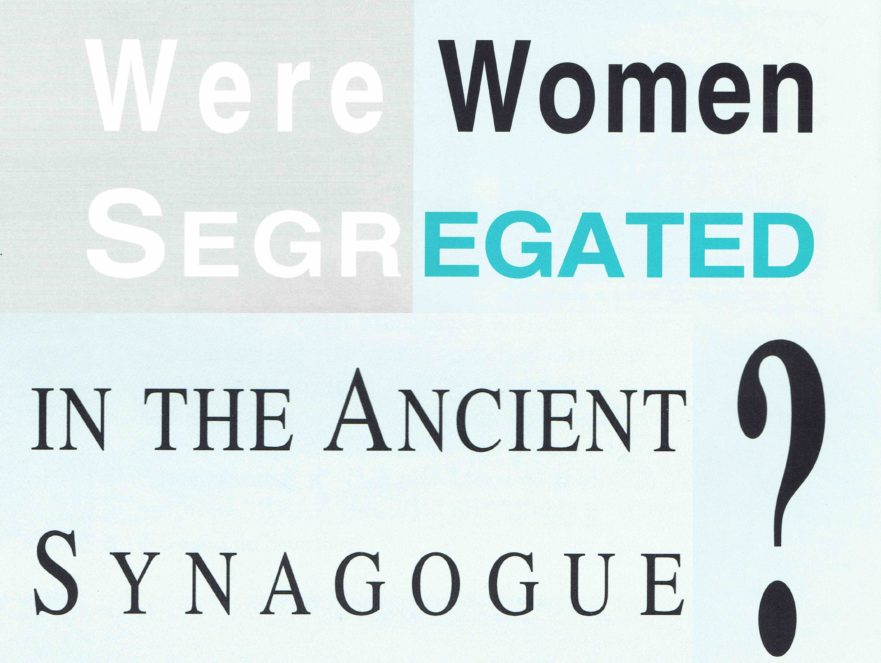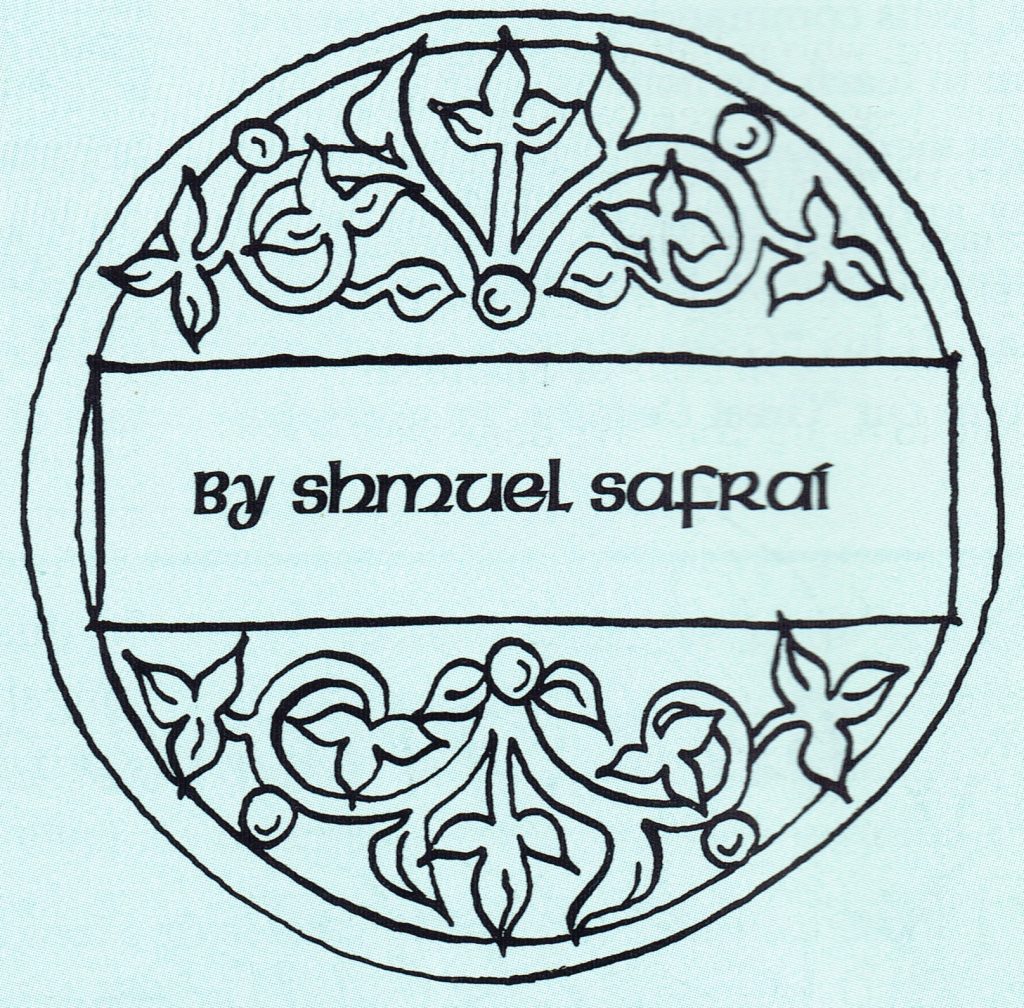When discussing the form and character of the synagogue, one should consider data from the land of Israel along with data from the Diaspora; there is no justification for treating them separately. The sources we will consider here pertain to synagogues in Jerusalem before the destruction of the Second Temple, throughout the land of Israel during the period of the Mishnah and Talmud, and in the Jewish Diaspora in Egypt, Syria and Greece.
The sources reveal that women regularly attended the synagogue and took part in its services, listening to sermons and to the reading of the Torah. Women also studied in the bet midrash (study hall).
A Woman’s Obligation
Prayer was a religious obligation not just of men, but also of women:
Women, slaves and minors are exempt from recitation of the Shema and from putting on phylacteries, but are not exempt from praying [the Eighteen Benedictions], affixing a mezuzah [to the doorpost of their house], or saying the blessing after meals.[1]
Women, like men, were obligated to pray the “Eighteen Benedictions” prayer daily. Rabban Gamaliel said: “One must say the ‘Eighteen’ every day.”[2] Although it was usual to pray the Eighteen Benedictions in an assembly of the congregation, women—and men—were permitted to pray them privately.
Paid Content
Premium Members and Friends of JP must be logged in to access this content: Login
If you do not have a paid subscription, please consider registering as a Premium Member starting at $10/month (paid monthly) or only $5/month (paid annually): Register
One Time Purchase Rather Than Membership
Rather than purchasing a membership subscription, you may purchase access to this single page for $1.99 USD. To purchase access we strongly encourage users to first register for a free account with JP (Register), which will make the process of accessing your purchase much simpler. Once you have registered you may login and purchase access to this page at this link:




![Shmuel Safrai [1919-2003]](https://www.jerusalemperspective.com/wp-content/uploads/userphoto/20.jpg)





























































































Comments 1
Thank you for such careful scholarship.